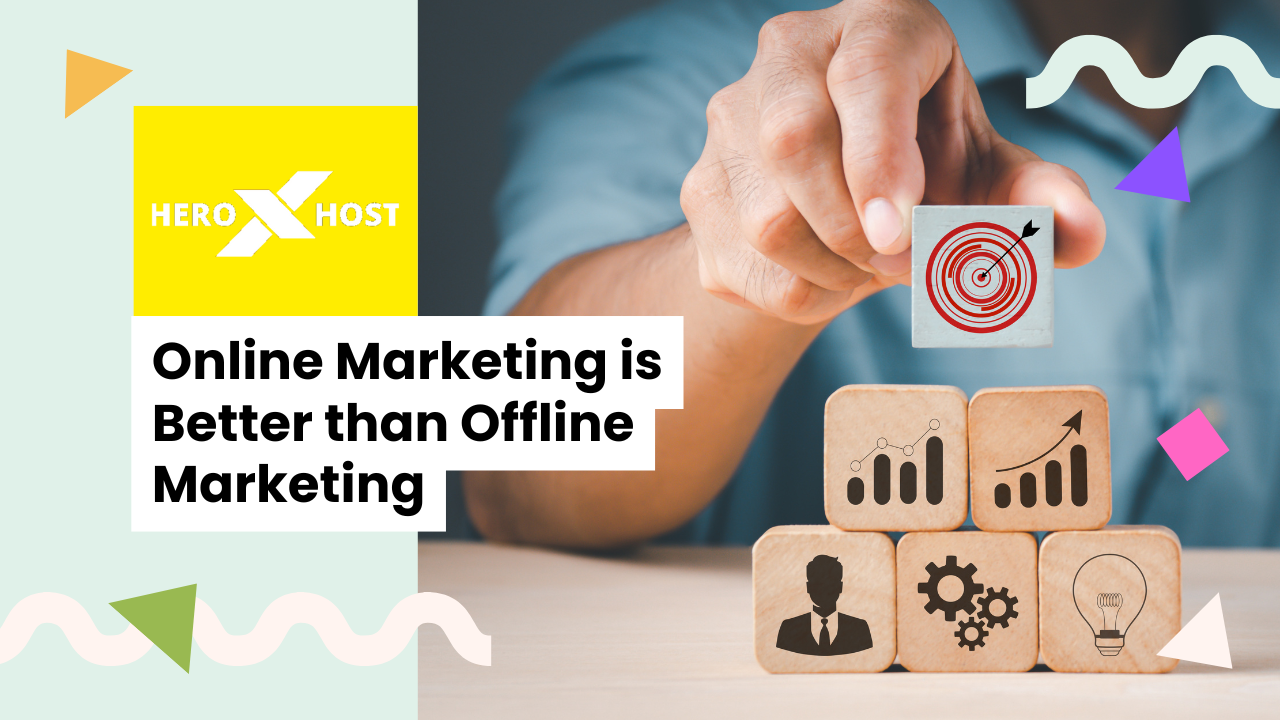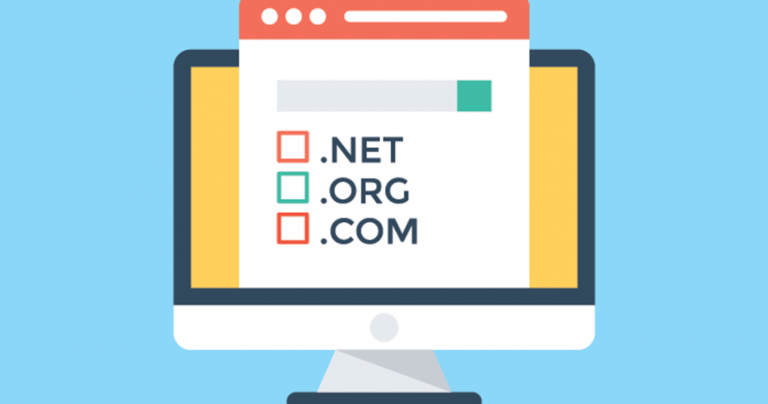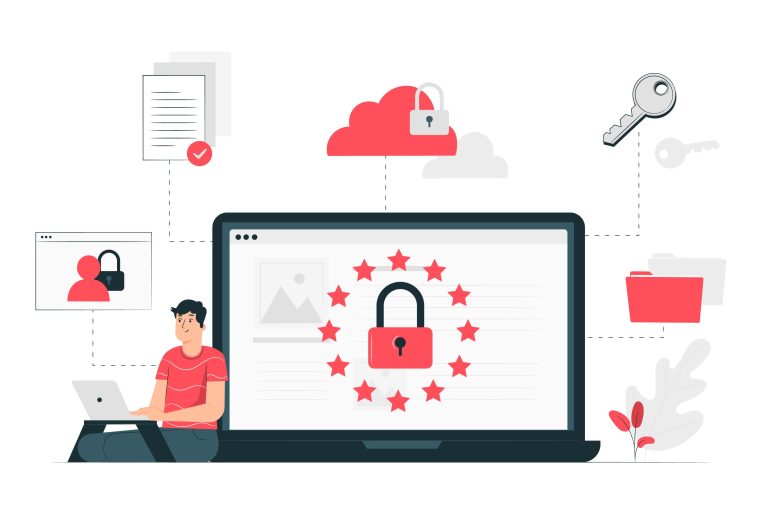Table of Contents
Introduction
Marketing is the backbone of any successful business, connecting products or services with their intended audience. Over the years, marketing strategies have shifted dramatically, with the rise of the internet introducing an entirely new dimension—online marketing. But how does online marketing stack up against its traditional counterpart, offline marketing? Let’s dive in to explore why online marketing often takes the crown.
Understanding Online and Offline Marketing
What is Offline Marketing?
Offline marketing refers to traditional forms of advertising, such as TV commercials, radio ads, print advertisements in newspapers or magazines, and billboards. While effective in the past, these methods are becoming increasingly overshadowed by digital alternatives.
What is Online Marketing?
Online marketing encompasses all advertising and promotional efforts conducted over the internet. It includes social media marketing, search engine optimization (SEO), pay-per-click advertising (PPC), email campaigns, and more. Its dynamic, data-driven approach makes it a powerful tool in the modern marketer’s arsenal.
Advantages of Online Marketing Over Offline Marketing

Cost-Effectiveness
One of the greatest benefits of online marketing is its cost-effectiveness. Unlike expensive TV commercials or print ads, creating and running an online campaign often costs a fraction of the price. Small businesses with tight budgets can still thrive and compete successfully in the digital world.
Broader Reach
With online marketing, your audience isn’t confined to a local region. The internet breaks geographical barriers, enabling businesses to target audiences globally, expanding their reach like never before.
Measurable Results
Thanks to tools like Google Analytics and social media insights, online marketing offers detailed performance metrics. You can track website traffic, ad clicks, conversion rates, and more in real-time, making it easier to measure ROI and optimize strategies.
Targeted Advertising
Online platforms allow for highly specific targeting. You can create ads tailored to demographics such as age, location, interests, and even purchasing behavior, ensuring your marketing efforts hit the right audience at the right time.
Flexibility and Scalability
Whether you’re launching a new product or adjusting to a changing market, online marketing offers unparalleled flexibility. Campaigns can be adjusted rapidly to scale up or down, with strategies modified in real-time.
Interactivity and Engagement
Unlike offline methods, which are largely one-sided, online marketing facilitates two-way communication. Through comments, likes, shares, and messages, businesses can directly engage with their audience, fostering stronger connections and brand loyalty.
Read Also: Buy Affordable & Reliable Web Hosting with 24/7 Support
Limitations of Offline Marketing
High Costs
Traditional advertising mediums like TV and print demand significant investments, often pricing out smaller businesses.
Limited Reach
Offline marketing is inherently local, limiting its audience to a specific region or area. Reaching a global audience requires massive resources.
Lack of Measurable Data
Offline marketing struggles with tracking performance. Unlike online marketing, it’s challenging to gauge the success or failure of campaigns.
Key Metrics in Online Marketing
Website Traffic and SEO Metrics
Monitoring traffic and SEO performance helps businesses optimize their online visibility.
Conversion Rates
Tracking how many visitors turn into customers is a key indicator of success.
Social Media Engagement
Likes, comments, shares, and follower growth show how well your brand resonates with its audience.
ROI Tracking
Knowing how much return you get for every dollar spent ensures efficient budget allocation.
Future of Marketing: Online vs. Offline
As digital trends evolve, online marketing continues to grow in dominance. With advancements in AI and automation, the digital space is becoming even more personalized and efficient. While offline marketing still holds relevance in certain scenarios, its role is diminishing as businesses increasingly prioritize digital strategies.
Case Studies of Successful Online Marketing Campaigns
Many brands have effectively harnessed online marketing to achieve outstanding success. Companies like Nike and Coca-Cola use social media platforms for global reach and engagement, while smaller businesses thrive through targeted Facebook or Google Ads.
Conclusion
Online marketing offers unparalleled advantages, from cost-efficiency to global reach and measurable results. While offline marketing has its merits, the digital age calls for businesses to embrace online strategies to stay competitive and relevant. Ready to make the shift? The digital world awaits!
FAQs
- What are the primary advantages of online marketing?
Cost-efficiency, global reach, and real-time analytics are some of the standout benefits. - Is offline marketing still relevant today?
Yes, but its scope is shrinking as digital strategies take the forefront. - How can small businesses benefit from online marketing?
By targeting niche audiences, small businesses can achieve significant results even on a tight budget. - What tools are essential for online marketing success?
Tools like Google Analytics, SEMrush, and Hootsuite are vital for tracking and optimizing campaigns.
Can online marketing replace offline marketing entirely?
Not entirely, as certain industries and demographics still respond well to offline methods. However, the balance is shifting heavily towards digital.




